Global governance, international organizations, regional cooperation and the Belt and Road Initiative (BRI) are key subjects of CCG's globalization research. As China's first think tank named and dedicated to globalization, CCG founded the China and Globalization Forum and contributes to international discussions related to globalization. It has organized seminars under themes such as WTO reform, multilateral governance, and the BRI. CCG was the first body to hold a BRI-themed event at the Munich Security Conference, a world-leading conference in the field of international security and governance.
Based on years of research in the field of globalization, CCG has published numerous research reports and books, including Win-Win International Cooperation and Path to Achievement of the Belt and Road, Globalization and Anti-Globalization and What’s Next for Globalization? Great Changes and China’s Proposed Approaches. The Handbook on China and Globalization published by Edward Elgar Publishing is one of the few books published in English by a Chinese think tank with an authoritative international academic publisher. Two of the CCG's initiatives were selected for inclusion in the first Paris Peace Forum, pioneering a new model for Chinese think tanks to fully participate in global governance and international cooperation. In addition, CCG has long-term cooperation with the WTO, UN, OECD, World Bank, IMF and many other international organizations, international think tanks and related institutions.
-
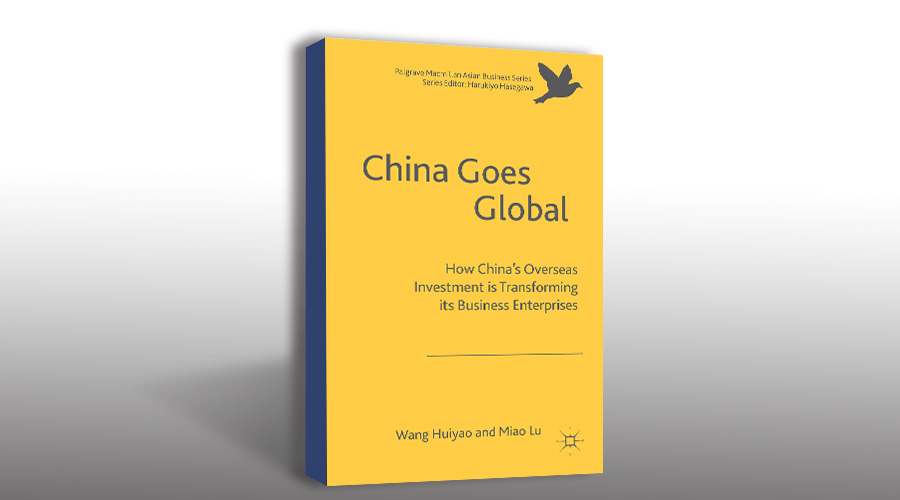
CCG Book: China Goes Global
Upgrading Chinese Business Enterprise Globalization
April 16 , 2019 -
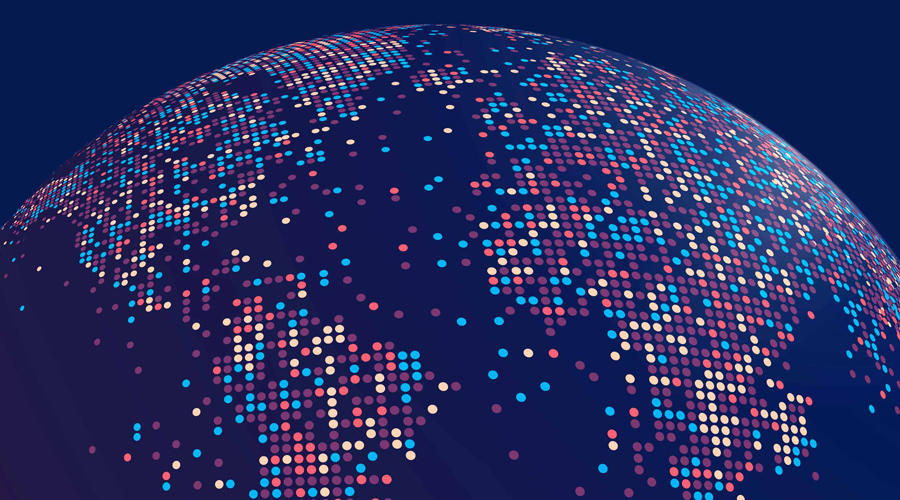
Globalizing China: The Influence, Strategies and Successes of Chinese Returnee Entrepreneurs
This book investigates an emerging phenomenon about returnee entrepreneurship. (Cumming, Sapienza, Siegel, & Wright, 2009), with a focus on Chinese returnee entrepreneurs. It deals with a broad range of issues associated with this phenomenon addressing for instance, the returnee development trajectory, entrepreneurial strategies and key success factors of this important type of entrepreneur. This is discussed in the context of systematic research findings. As the Vice Chairman of Western Returned Scholars Association and founding director of Centre for China and Globalization in Beijing, Dr. Wang Huiyao shares his insightful findings, reflective thoughts, and life experience with a wide range of audience who are interested in Chinese entrepreneurship. Given the important role that context plays in entrepreneurship (Zahra & Wright, 2011) and the rising power of China in the global economy, this book offers a special angle to understanding Chinese entrepreneurs and their influences on China and the rest of the world. Being the change agent with an increasingly important role in contemporary China, returnee entrepreneurs and their entrepreneurial actions ought to have a significant impact on China and the rest of the world.
February 14 , 2014 -
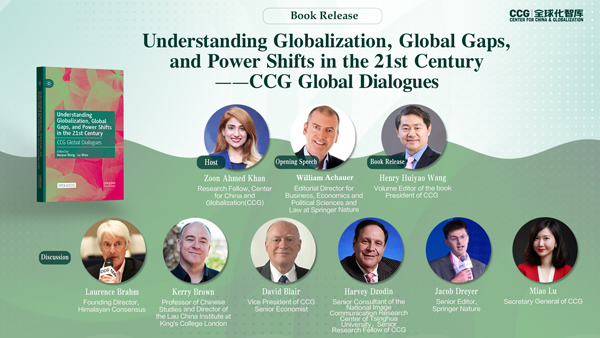
Book Release | CCG Global Dialogues
On December 16, 2022, CCG released the new book CCG Global Dialogues: Understanding Globalization, Global Gaps, and Power Shifts in the 21st Century during the 7th China Global Think Tank Innovation Forum. The book was edited by Wang Huiyao, President of CCG and Miao Lu, Secretary General of CCG, and was published by Palgrave Macmillan, an internationally renowned publisher.
December 16 , 2022 -
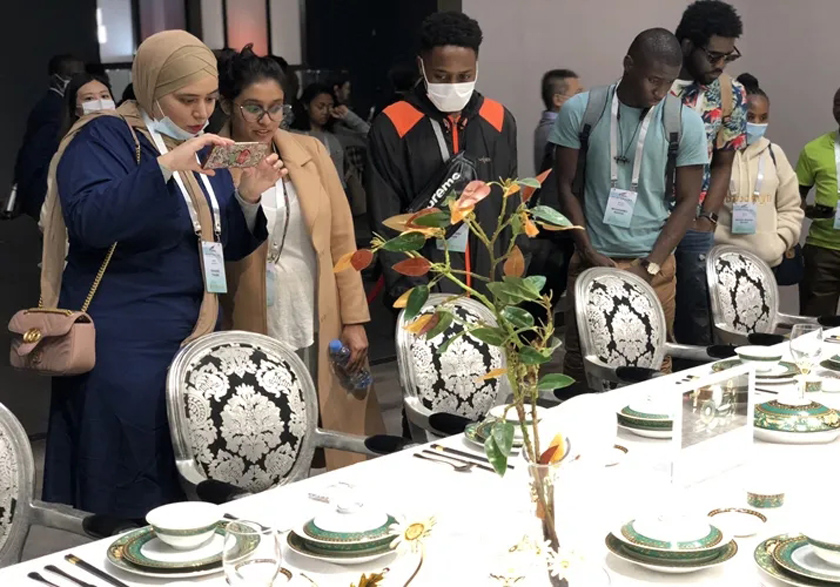
Wang Huiyao: Hotspots for Chinese diplomacy in the post-COVID era
Despite the encouraging news that vaccines may be on the way, the novel coronavirus disease (COVID-19) pandemic has had a profound and lasting impact on the international community. It has increased economic uncertainty and geopolitical frictions while highlighting the shortcomings of global governance at a time when transnational challenges are more evident than ever. Yet the unprecedented changes we are witnessing also bring opportunities for China's development and global integration.
November 23 , 2020 -
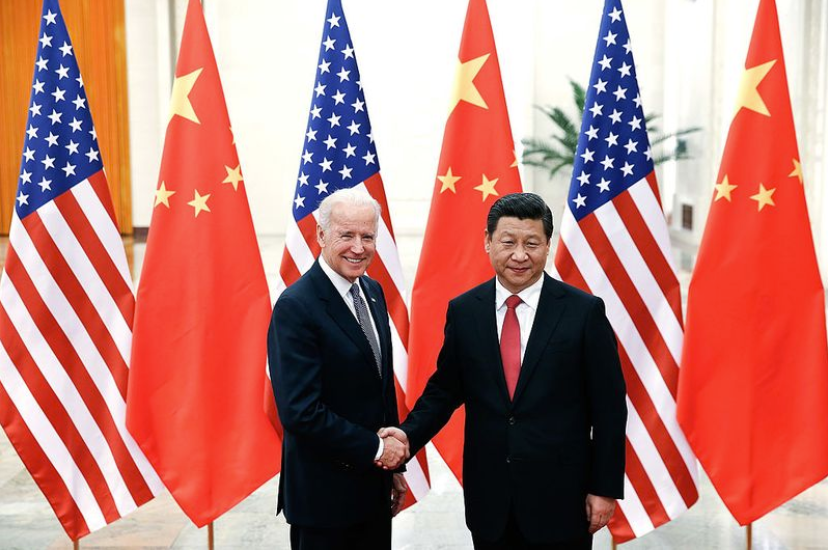
Wang Huiyao: How Biden Could Improve U.S.-China Relations
After four years of erratic “America First” unilateralism under President Donald Trump, President-elect Joe Biden will inherit a slew of foreign-policy challenges. None is more important than stabilizing relations with China. And, while no one should expect a dramatic turnaround, there’s reason to hope the U.S. and China can at least put a floor under their relationship and even start to cooperate again.
November 12 , 2020


